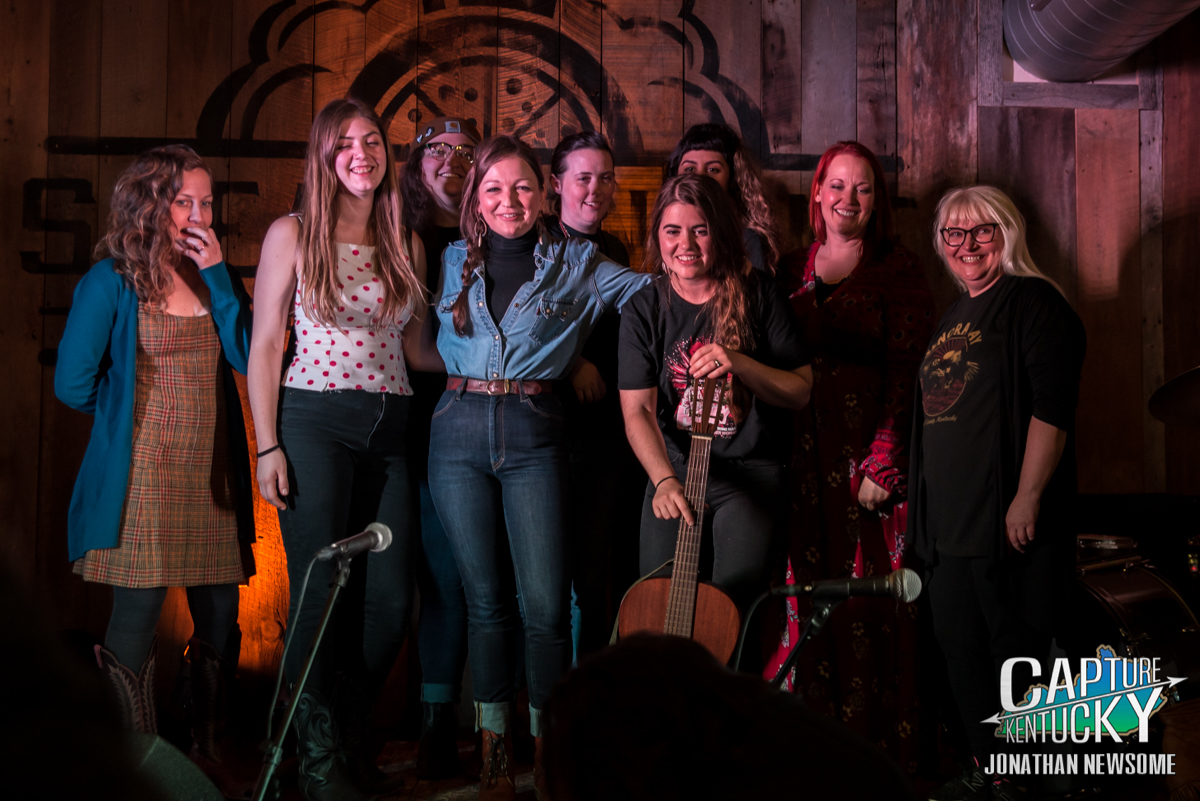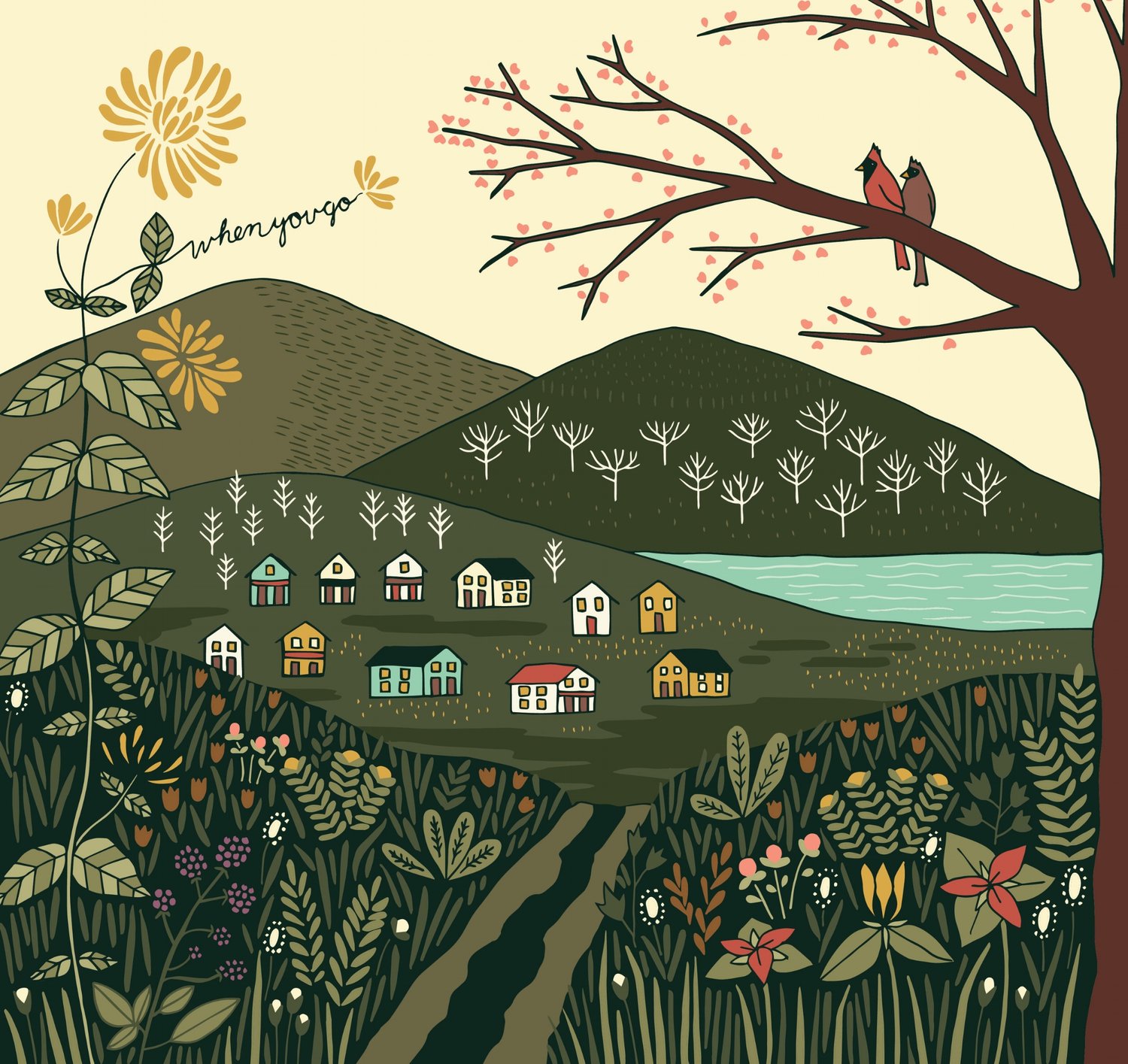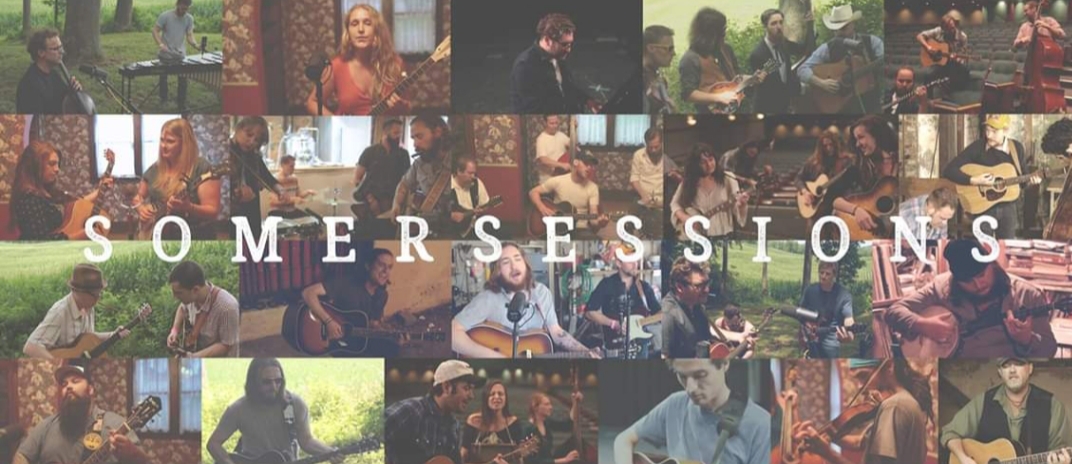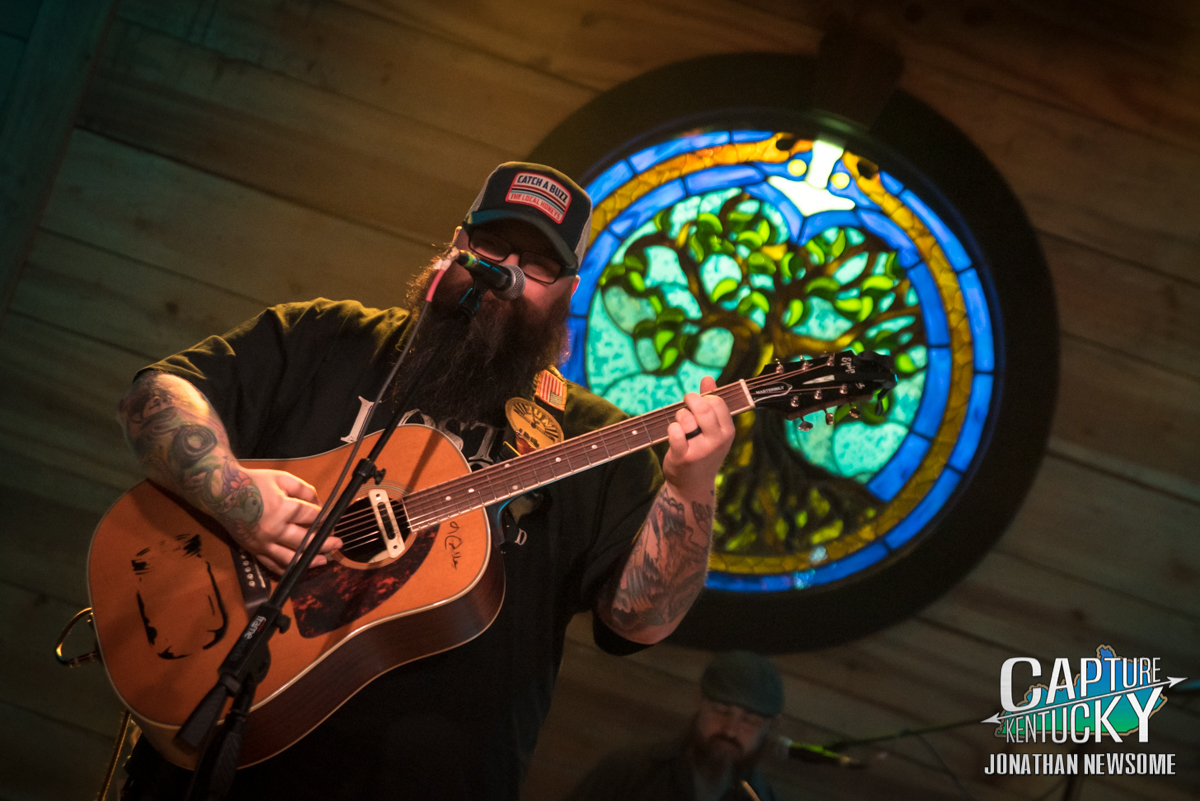
Twenty Tips For Artists Commited To Growing Into A Career In The Music Business
I’m often asked advice by local artists and I truly try to answer every question. I’m certain that I’ve missed a few here and there, and likely haven’t answered some questions fully. So if that’s happened to you, my apologies. It’s never intentional. Anyways, here’s my two cents worth of advice.
Capture Kentucky has really taken on a life of it’s own and I am truly thankful for that. Having said all of this, I decided that I should put together a list of frequently asked questions and personal philosophies that I feel are crucial as you grow as an artist.
First, a bit about my past experiences. I’m not trying to toot my own horn here, I just want to give you a look at what aspects of the music business I have experienced. That way you understand that I’m not just a random blogger with illusions of grandeur.
I have roughly 18 years of experience in music. I’ve split that time on both sides of the rail. I began managing a local Kentucky band that did okay, especially for how little all of us knew. That situation eventually soured and I then moved on to booking National acts at the old A1A Concert Hall in Lexington. We had many, many great shows there and very few flops. That stretch of work, I’m really proud of. I used my ear and instincts to host many folks on their way up. Bands like Hinder, Kentucky’s Black Stone Cherry, Eric Church (Yes, THAT Eric Church), 12 Stones, Hurt, Buckcherry, David Allan Coe and a slew of others.
From there, I helped my friend Ian Goff with his local band for a bit. They were called Lithium and eventually became Valrosa. I had a couple of shoulder surgeries and when I got back into music, I managed a band from Atlanta called POYNTE. We did two national tours and during this time, I also worked a bit as a publicist at High Road Publicity. Guitarist Matt Bryant and I also created a consulting and management company that was used as their label.
During that time, I created Unsung Melody. A site that had 25 contributors in 10 different cities. That was a LOT of work, but the lessons learned from those years are invaluable and have shaped everything I do here at Capture Kentucky.
POYNTE eventually dissolved and as my son readied for college, I stepped away to help him find his way to a better education. Once he was settled in and on the right path, I decided that I wanted to create another media outlet. Something that would allow me more opportunities than just solely focusing on music. I also knew the stress levels of a national media site and I didn’t want that pressure. So I decided to limit myself mainly to Kentucky. That’s where Capture Kentucky was born. That’s enough horn tooting. Let’s learn together!
1. Know your worth. If you’re starting out and have 300 Facebook likes, no music on Spotify or any streaming platform, no decent videos, no nice photos, no logo and no website…You’re in for a tough time. Don’t be asking for $500 to play a show when no one knows your name or music. And if you do find a sucker to pay you that and you only play to the bartender, you may as well say that $500 is severance pay, because you’ll never play there again.
2. Perception is reality for most fans. There is absolutely zero room for arrogance or what used to be considered “rock stars.” But carrying yourself as a professional and knowing that each fan is ultimately your employer, you can keep folks interested to help you grow.
3. You get what you pay for. Music is one of the most difficult careers to gain traction in. With the advancement in technology, many folks can churn out a great record from their basement. If you’re just starting your career, that’s a perfectly fine thing to do. Once you begin growing, hire a producer and record in a studio. An outside set of ears that’s experienced and respected will help you improve as an artist and more often than not, is a great educational experience for the band or artist.
4. Be humble. Always. Zero exceptions.
5. Attracting media attention. This one is incredibly difficult for new bands. Why? Because no one knows your name. In this community, I rely a lot on word of mouth and videos posted on social media to see up and coming bands that I may not get to see otherwise. I also have multiple inboxes that are filled with press releases and interview requests every day. Most of those requests are from PR firms and National acts looking to gain traction just like you.
Adding me or any journalist on Facebook and immediately sending a page invite is going to do absolutely nothing. Journalists are people too, so approach them that way and you’ll have way more success getting their attention.
6. Don’t perform a song until you believe it. Why? Simply put, if you don’t believe it, why would anyone else?
7. Engage your fans. Everyone wants to be a part of something they believe in. Be personable. Host a live chat occasionally. Reply to your messages. Add insight to others comments on your music. There are hundreds of thousands of artists out there. If you don’t make fans feel appreciated, they’ll simply find another artist that does.
8. Never, under any circumstance, do you try to publicly or privately tear down another band or artist. Not only is it nonproductive and ill-advised, it is unbecoming. A rising tide lifts all ships. Be a Captain, not a pirate.
9. Hire an artist to help create your logo and image. To be considered a professional, you have to play the part. If you have a direction in your head, let someone make it a reality.
10. Getting hammered at a show will eventually bite you. Know your limits and remember this is what you want your job to be, so take it serious.
11. Be patient. This is by far the hardest part of growing as an artist. Bands on labels with PR, radio promoters, booking agents, and a team dedicated to an artist, start the release process of an album with at least six months advance. So if Joe Bob sends you a mix and you post it at 2 AM on Bandcamp, then question why it’s gaining zero traction, you’re the answer to your own question.
12. Have a story. The press doesn’t usually know you or your bandmates on a personal level. So hire someone to help you create your story. Give them something that can garner attention. I’ll give a hypothetical example here of contrasting stories. The first one is how NOT to do this. The second is the same story, but crafted by someone with PR experience.
We’re the Possum Trotters from Eastern Kentucky. We play music and most of it doesn’t suck. We’re probably deer huntin, if not we’re playing somewhere. Come see us play!
Eastern Kentucky has given the world some amazing music. Many of the artists that influence the Possum Trotters are cut from the same cloth as they were. With a sound as unique as their name, the Possum Trotters spin tales of their love for the outdoors, Appalachia and roaming the Hills to find inspiration. Their music has drawn critical acclaim as the band has averaged 200 shows per year since their inception.
13. The world is your canvas, the press is your paintbrush and the paint are your fans. YOU control your narrative. It is after all, your legacy. Never forget that.
14. Find bandmates that are at least as driven as you, preferably someone that inspires you to do more. If your career takes off and you hate the people you’re taking on your journey, it won’t end well. Especially if you’re all going to be crammed in a van for 200 days out of the year in time.
15. This is a very thin line, but one that I feel can be overlooked. While I don’t think this is feasible for everyone, it is something to think about.
If you’re playing shows, getting paid and all the money goes in your pocket, your band will face massive challenges as it grows. You’ll need a second job with flexible hours to pay your bills, but I have seen a few bands take a different approach.
Again, this isn’t for everyone, but it leads to my next point. If your band plays enough shows in a month to raise $3000 and there are five members and each member takes $600, where is your investment in yourselves? Go Fund Me? While that helps, do not rely on that as a business plan. Instead of taking $600, everyone agree to take say $300 and the remaining $1500 goes into the band account. That way when the van breaks down or you need a studio, you have money available.
I’ve even seen bands that take no money from their shows and do sort of a membership fee on a monthly basis. What’s that idea? Let me explain a bit. Hypothetically, if you play enough shows in a month to gain $3000, then all five members invest in themselves at $50 a month, you have $3250 towards whatever goal you are reaching for. Over the course of a year, the $50 a month equates to an additional $3000. Now I’m not suggesting that you suffer completely for your art, but until you can leave the 2nd job, you need to invest in yourself before you make the leap and these are two examples of how you can accomplish that in time.
16. It’s called the music business. That’s two words. Music. Business. One can exist without the other, but they won’t exist very long without the other. An old saying applies here and it’s the most truthful piece of advice that you will ever receive. If you fail to plan, your plan is to fail. Take this serious from day one. You’re a business. You sell yourself through your art, but make no mistake, the business side is equally as important as the creative side. Especially as you grow and begin attracting the attention of labels, agents, managers and professionals in the industry. Yes the business side sucks, but it is a necessary evil.
17. There are a lot of snakes in the music business. Trust those close to you and only those professionals that have a verifiable track record.
18. When you hire, a publicist for an example, you’re paying them for their connections. If they promise you a certain number of high profile articles or placements, they’re lying. It’s their job to get your art in front of the right people, however, it is completely subjective as to whether they enjoy your art enough to cover it.
19. Until you have a story, a tour lined up, a new album to promote and possibly music video, save your money. A professional team takes a percentage of what you make, no sense in buying the cart if you ain’t got a horse to pull it.
20. This is the most important advice from me, as a friend. Have fun. Make the world a better place. Be kind. Be humble. Be thankful. Be you.













